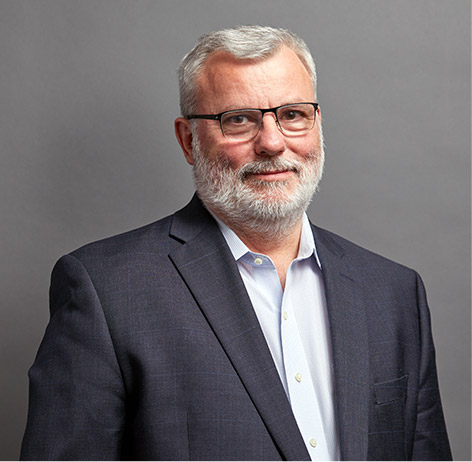25-Jun-2023
5 Min Read
References
- Inker LA, Astor BC, Fox CH, et al. KDOQI US commentary on the 2012 KDIGO clinical practice guideline for the evaluation and management of CKD. Am J Kid Dis 2014 May;63(5):713-35. https://www.sciencedirect.com/science/article/pii/S0272638614004910.
- Marron B, Martinez Ocana JC, Salgueira M, et al. Analysis of patient flow into dialysis: role of education in choice of dialysis modality. Perit Dial Int 2005 Feb;25(s3):s56-9. http://www.pdiconnect.com/content/25/Suppl_3/S56.short.
- Mendelssohn DC, Malmberg C, Hamandi B. An integrated review of "unplanned” dialysis initiation: reframing the terminology to “suboptimal" initiation. BMC Nephrology 2009;10(1):22. https://bmcnephrol.biomedcentral.com/articles/10.1186/1471-2369-10-22.
- H.R.34–21st Century Cures Act, Sec 4003. Congress.gov, accessed March 1, 2019. https://www.congress.gov/bill/114th-congress/house-bill/34/text?q=%7B%22search%22%3A%5B%2221st+century+cures%22%5D%7D&r=1.
- Epic—Care Everywhere page. Accessed March 1, 2019. https://www.epic.com/software#Interoperability.
- Xconomy home page: https://xconomy.com/wisconsin/2017/09/14/with-new- software-epic-aims-to-help-patients-share-health-records/attachment/care- everywhere-commonwell/.
- Commonwell Health Alliance home page. Accessed March 1, 2019. https://www.commonwellalliance.org.
- eHealth Exchange home page. Accessed March 1, 2019. https://ehealthexchange.org.
- The Sequoia Project home page. Accessed March 1, 2019. https://sequoiaproject.org.
- Carequality home page. Accessed March 1, 2019. https://carequality.org.







